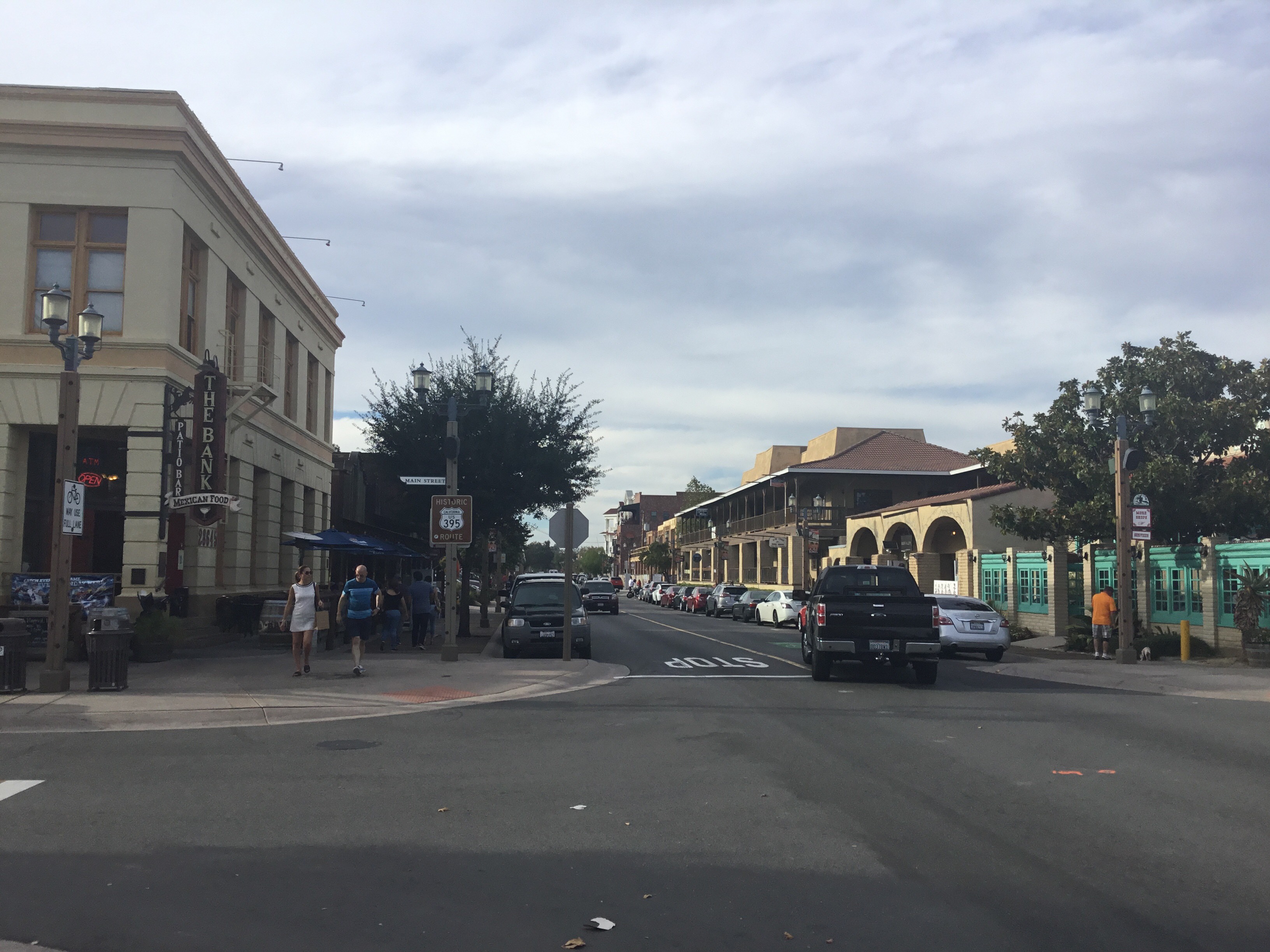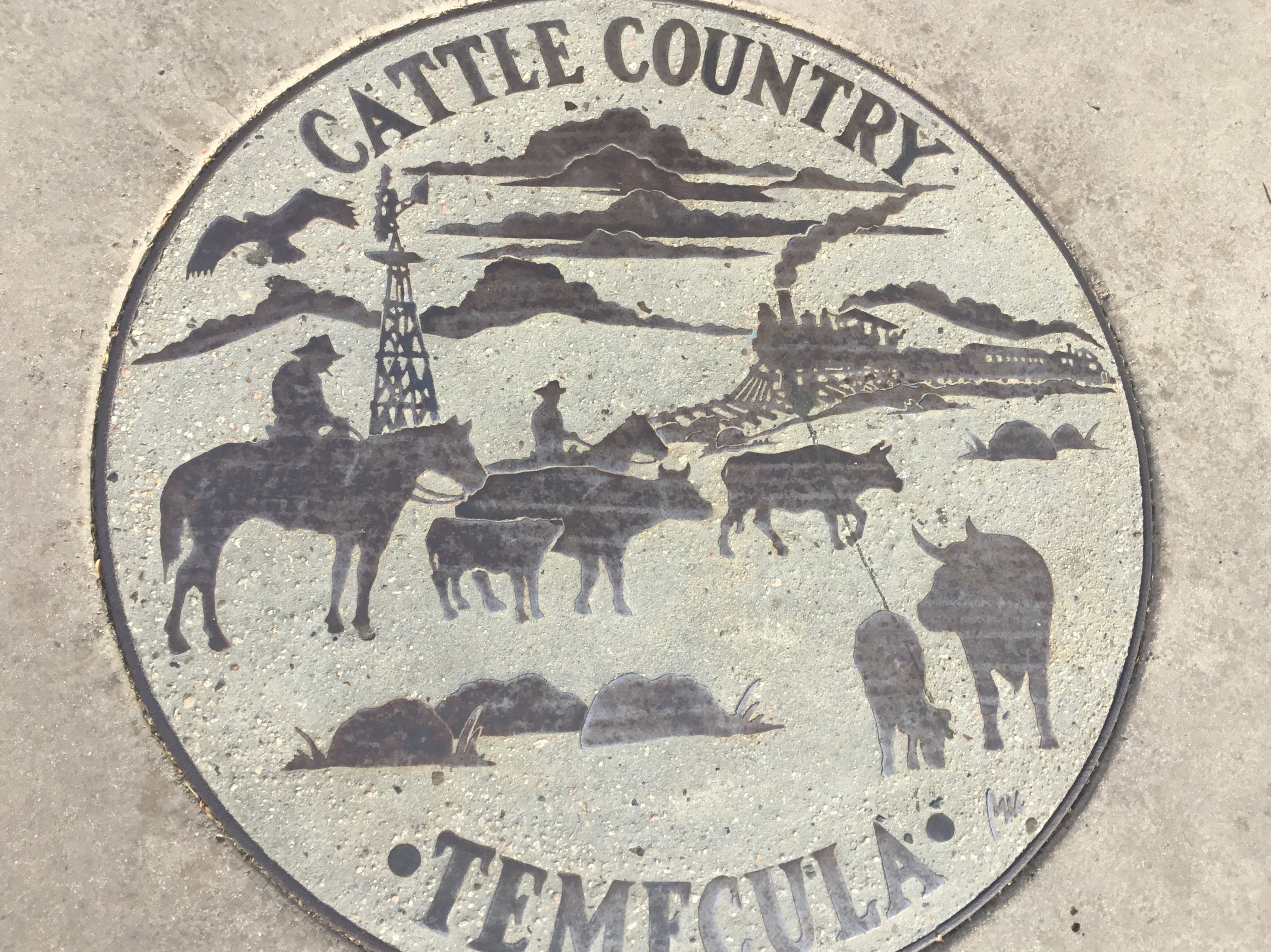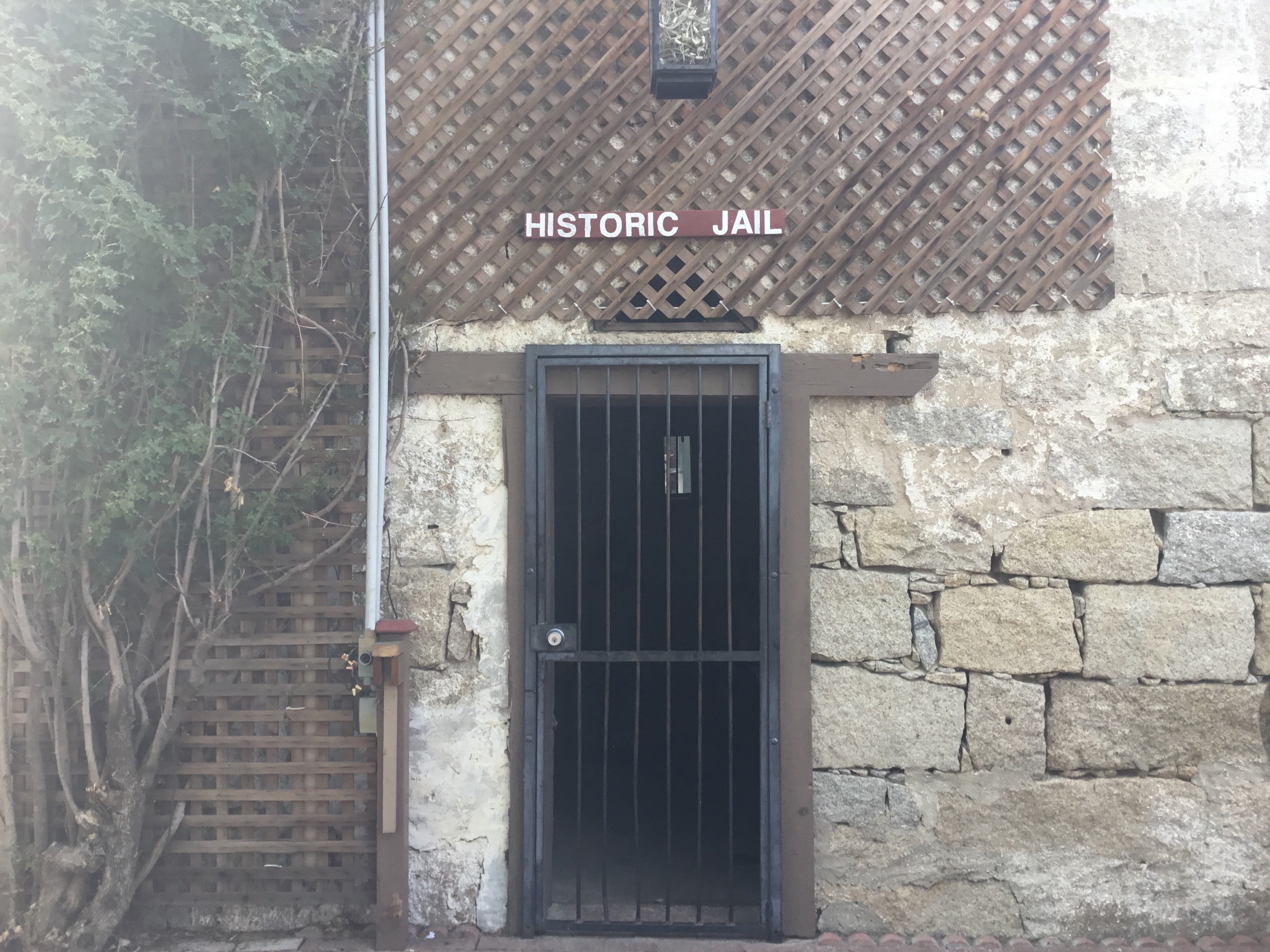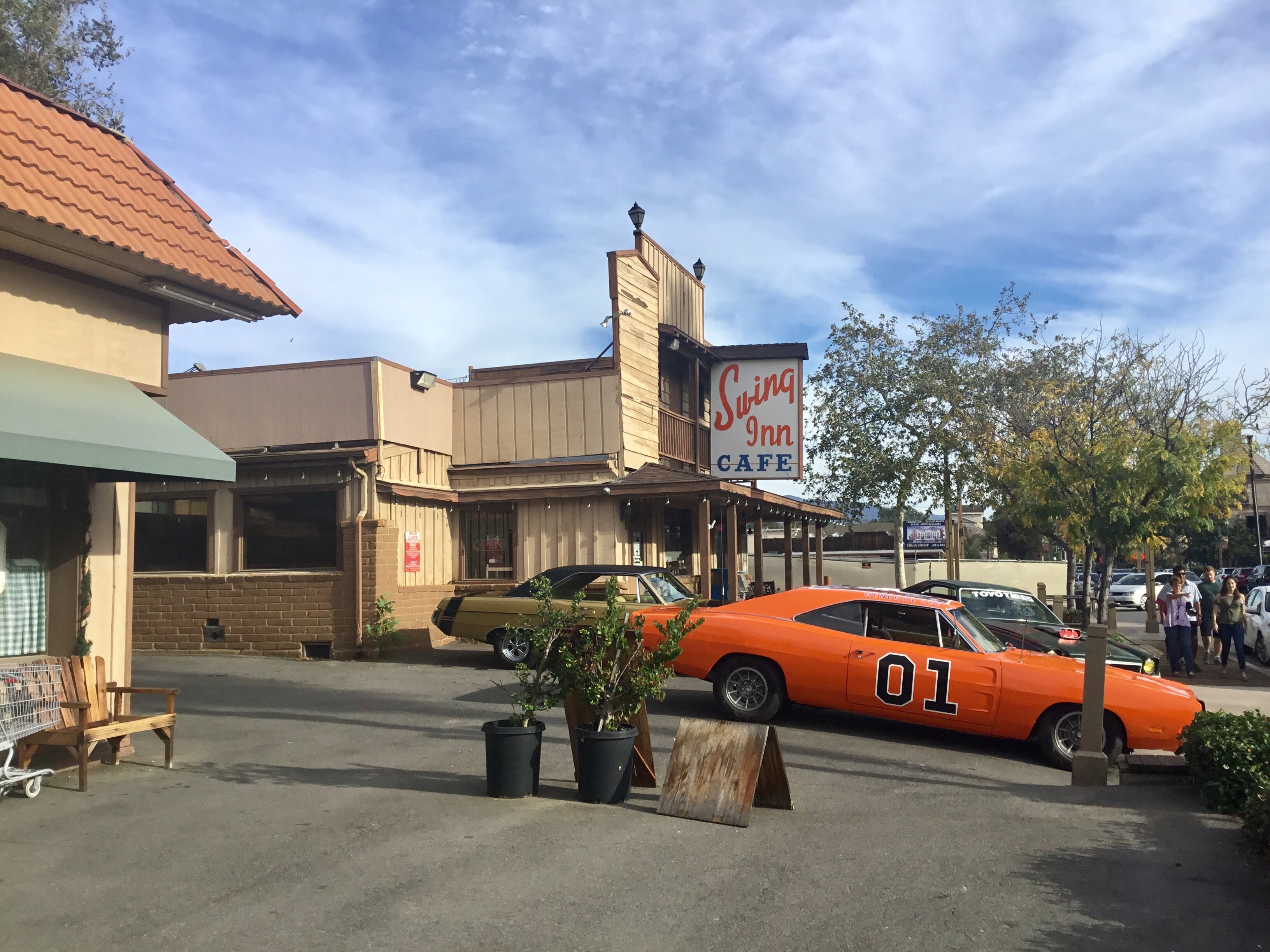Old Town Temecula is suburban California’s dream of downtown. There’s a Front Street and a Main Street and a First, Second, and Third. There are western-themed restaurants where soccer moms and biker dudes gather for mimosas on Sunday afternoons. Families come here on the weekends to window shop for antiques. Their kids get bored. The ID checkers are strict, so no one underage dances at the Stampede or orders a drink at the Gambling Cowboy. No matter. Everything closes early, and few adults under the age of 30 live here, anyway.
Whenever I come home, one of my first stops is Old Town. I used to go for a cup of burnt coffee at the Swing Inn, the “heart and soul of historical Temecula,” with a friend, but they all moved out years ago. Now, I go see my grandmother at her shop.
Grandma moved from Virginia to this 37-square-mile section of inland California 12 years ago. Here, she takes gleeful satisfaction in her role as matriarch of Main Street, the one who’s stuck around longest, selling her bird-and-garden decor as a constant stream of retailers come and go. Next door, Chai sold photographs of the Southwest. Across the way, a chain-smoking man used to sell model trains. Near the city’s “Historic Jail”—a single cell holding two stuffed-doll prisoners, no explanation provided—a woman once sold puppies. Every time I return, another lady has opened a shop, selling overpriced clothes and picking fights with the other merchants on the street, like when two of them conspired to kick another woman out because they thought her merchandise was tacky.
On my most recent visit, the new kid on the block was a marijuana dispensary. California had legalized marijuana two years before, much to the chagrin of Temecula residents, and soon enough Grandma began hearing of the dispensary’s “lemonade” and “cookies.” The addition of cannabis to treats confused her. “I didn’t know you could do that,” she told me.

My grandmother was born in Killeen, Texas, but grew up in Tucumcari, New Mexico, and spent most of her adult life in Fredericksburg, Virginia. My mother was born in Tucumcari but moved to northern San Diego and Stafford, Virginia. My father grew up in Pennsylvania and moved to California in his twenties for the good weather.
It’s a common story, in the general sense. Very few people in this city are from here.
The original residents were the Luiseño Native American tribe, known in their own language as the Payómkawichum, or “People of the West.” What followed was the typical story of their West. Spanish missionaries forced the natives into labor, and later, American ranchers pushed them onto a reservation. Over the course of the twentieth century, developers bulldozed thousands of acres of ranchland to make room for tract homes.
Temecula became a city in 1989, taking its name from a Payómkawichum word that means “where the sun breaks through the mist.” Twenty-seven thousand people lived there.
Nearly 90,000 more would flock to Temecula over the next three decades. They came from everywhere, attracted by the cheap houses, the proximity to a San Diego marine base, and the promise of an orderly, affluent suburban life modeled off of Orange County. Others, I suspect, came for the peculiar sense of frontier life possible only in sprawling inland California.
Somehow, my parents ended up here, and my grandmother followed them to this suburb built on the edge of the desert, an hour away from everything.

Temecula marries frontier individualism with Orange County conservatism. It is not the golden hills or the Pacific Ocean, not liberal politics or Hollywood or Silicon Valley. It is a chaparral desert dotted with golf courses.
The people of Temecula are relatively diverse—26 percent identify as Latino or Hispanic—though predominantly white. Seven percent are veterans, and 10,000 or so Mormons. One of the city’s largest employers is Pechanga, southern California’s biggest casino, though it’s technically outside city limits. Most residents commute to San Diego or Orange County or Los Angeles, enduring hundred-mile round trips in gridlocked traffic.
Our local celebrities are few in number. There’s Dean Norris, who played the DEA agent in Breaking Bad; Cassidy Wolf, Miss Teen USA 2013; Jerry Yang, winner of the 2007 World Series of Poker. The lesser-knowns are some MLB players, an American Idol loser-turned-commercial-success, and a female bodybuilder.
My friends and I were part of the first generation to grow up in Temecula. None of us stayed.
In this year’s midterm elections, journalists have heralded suburbanites as the voting demographic most likely to swing the outcome. There’s talk of a Democratic upset in California’s conservative 50th congressional district, which includes the rural outskirts of Temecula. There, Republican Duncan Hunter is facing off against Ammar Campa-Najjar, a 29-year-old of Mexican and Palestinian descent who has never held political office.
Campa-Najjar might have a chance, or so local Democrats believe. Hunter was indicted in August by a federal grand jury for misusing campaign funds. Last month, Hunter released a racist ad insinuating Campa-Najjar is a Muslim seeking to “infiltrate” the American government, losing him support among veterans and evangelicals. (Campa-Najjar is, in fact, Christian.)
One of the voters the Democrats are counting on this year is the Suburban White Woman, who might best be described by a December 2017 New York Times article:
As she sat with a glass of sauvignon blanc waiting for a women-focused Democratic fundraiser to begin, Nancy Sharp let loose in a Texas-seasoned drawl why she and so many other onetime supporters of the Bush family were abandoning the Republicans.
Nancy Sharp sounds like a lot of women I knew growing up. She’s the mother of my friends, my elementary school teacher, the woman working in Old Town. This Temecula Woman drinks chardonnay at Wilson Creek Winery, where a chapter of the Republican Federation of Women meets every third Tuesday at 11 a.m. Some variants of this Temecula Woman like horseback riding and walks in the Wine Country; others like (watching) motocross and football. When her kids are still in school, this Temecula Woman volunteers in the classroom, brings tangerines to soccer games, and takes her family to “The River” (the American or the Colorado) and “The Snow” (Mammoth or Big Bear). When her kids leave home—most to San Diego and Los Angeles—she might take up work again.
But unlike Nancy Sharp, I don’t think these women will give up on the Republicans. I might be wrong, but it doesn’t seem likely.

I remember protests against the city’s first mosque eight years ago. “There is a concern with all the rumors you hear about sleeper cells and all that,” a local pastor told the Los Angeles Times at the time. I remember last year’s abortion-center arson in Temecula, the yard signs supporting California’s 2008 ban on gay marriage, the vitriolic anti-immigration protests in our neighboring city, Murrieta. Campa-Najjar, aware of this political reality, is campaigning on the slogan “Country over Party.” But while he’s making inroads in San Diego, I just can’t see him winning votes among the people who hold these sorts of beliefs.
A few days ago, Grandma told me the marijuana dispensary next door shut down. I was disappointed. Main Street’s liberal cannabis experiment had failed. To me, this said something about the city’s reluctance, and resistance, to change.

Meg Bernhard






